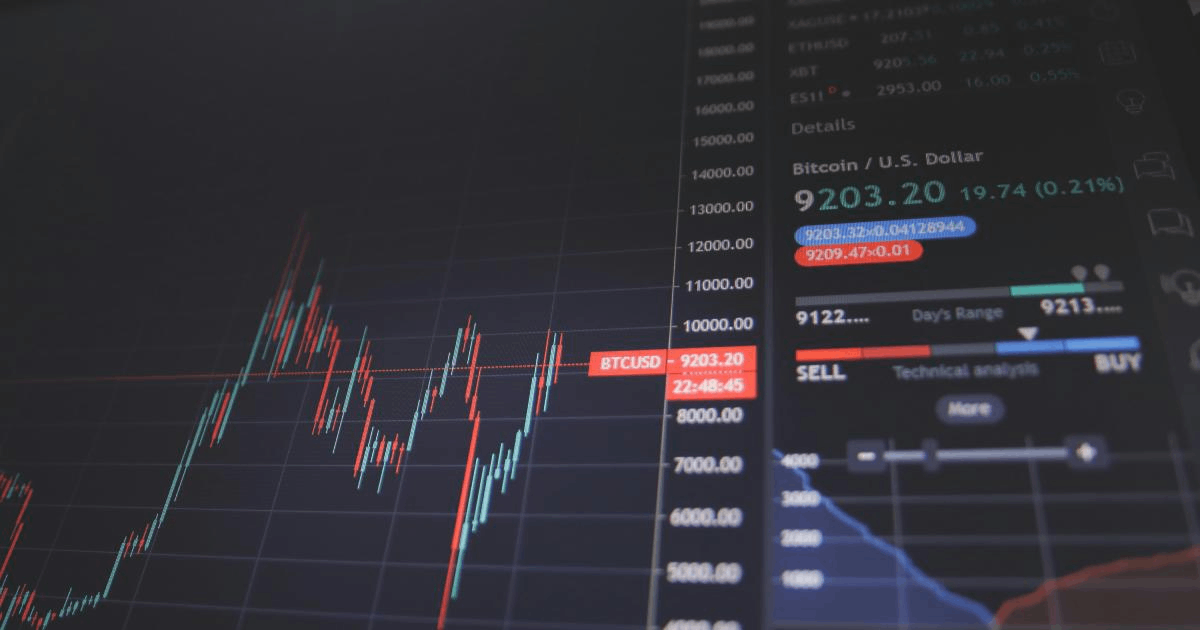
By Lawrence G. McMillan
Some of the intermediate-term indicators seem ready to capitulate and issue buys, but the overall picture is far from "all clear" at this point. Despite recurring volatility, $SPX has traded in a new range in the last couple of weeks -- 1870 to 1990.
There has been a lot of talk in the media about a "retest" of the lows, where amateur technicians are saying that the market "almost always" retests the lows of a sharp selloff. In fact, with so many people looking for a retest, I would say that one of two things is more likely: a) the market won't retest the 1870 level at all, or b) it will blow right on through 1870, heading for the October lows at 1820 as the next support level.
To summarize the $SPX chart: it is bearish in that it is now trending lower, and that will continue to be true unless and until the resistance at 1990 is overcome.
Put-call ratios have continued to rise daily, no matter what $SPX has done. Both equity-only put-call ratios (Figures 2 and 3) are now above where they were last October. As a result, they are in oversold territory. Moreover, the computer programs that we use to analyze these charts have called for buy signals on both of them as of the close of trading today, September 3rd.
Market breadth has improved in the last week. As a result, both breadth oscillators have rolled over to buy signals.
The trend of $VIX is still rising at this point, though, and that is intermediate-term bearish. In my opinion, $VIX would have to close below 19 in order to break the uptrend that is place.
In summary, short-term oversold conditions continue to build up but for the major outlook to become more positive, it will be necessary for the intermediate-term indicators to change from their current bearish positions. Until then, the intermediate-term outlook remains bearish.
This Market Commentary is an abbreviated version of the commentary featured in The Option Strategist Newsletter.
© 2023 The Option Strategist | McMillan Analysis Corporation

